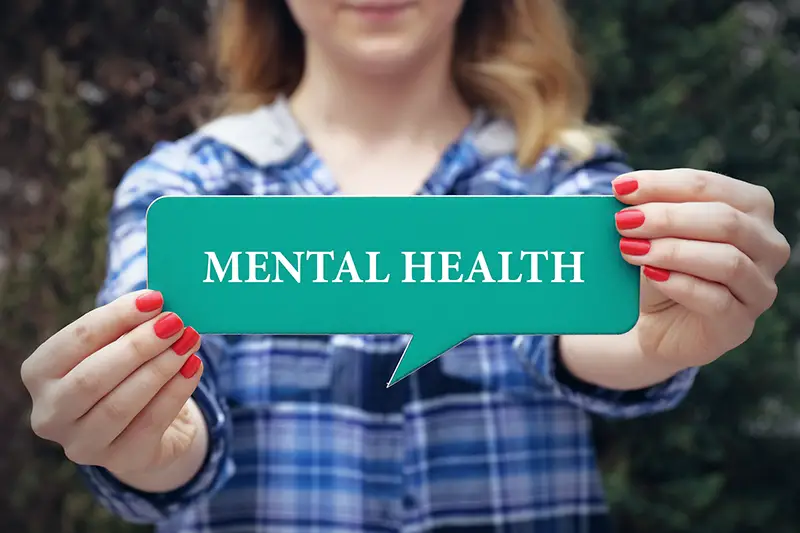Click here to get this post in PDF
It’s not so unusual these days for Victorians to look for a psychology clinic in Melbourne to try and help them with their mental health woes. A lot of people have taken a psychological beating over the past few years, and some have been suffering even longer for various reasons. There are, of course, myriad factors that impact an individual’s physical and mental health, but when it comes to the latter of those two, the biggest factors include:
1. Isolation and Loneliness
Deep-seated feelings of loneliness and isolation have always been bad for mental health. Still, their effects have been felt particularly strongly since isolation essentially became the norm under the law thanks to the COVID-19 pandemic. Those lucky enough to have family living with them under one roof avoided the worst of the effects, but for those living alone, and for children lacking social interactions with other kids, it was very hard-going.
When we are isolated, our troubles, anxieties and other negative feelings start to compound as we lack that critical sounding board from others to help us feel that we are connected with others and have real support. Even with digital communications helping us keep in touch, lack of real human contact still has a dreadful impact on mental health.
2. Trauma and Abuse
Trauma and abuse arguably has the most immediate and potentially lasting impact on a person’s mental health. Some people are unfortunate enough to suffer serious trauma and abuse in their childhood years, which may stick with them all of their lives even when they do seek help for it.
Both trauma and abuse have the terrible effect of shattering our previously held views on life and the world. For instance, children who are abused by parents or other family members can find it impossible to trust others. How could you, after those who professed to love you the most hurt you in that way?
3. Stigma and Discrimination
The stigma that much of society still holds against people with mental health problems is not just a problem for helping the progress of treatment, but actually works to compound the very same health problems that need to be solved. When large numbers of people still view those seeking mental health assistance as weak, hopeless, feeble and so on, it does nothing to encourage others who would benefit from reaching out.
Other discrimination based on race, sexual orientation, religion and more can also contribute to negative mental health outcomes. For example, constantly hearing that you are lesser, not part of the group, “not a real man” or “not a real Australian” takes its toll if you are bombarded with it on a regular basis.
4. Stress and Anxiety
Both stress and anxiety are key symptoms of depression, and they regularly feature when people have a negative picture of mental health. It could be the anxiety itself that causes stress, or vice versa, or it could be anxiety resulting from worrying about other aspects of one’s mental health. It’s like the spectre of the mental health world. It affects sleep patterns, personal relationships, professional performance, and more.
5. Physical Illness
Finally, another big factor behind mental health being impacted is one’s physical health. Those going through an acute illness or problem will invariably suffer a mental health crisis as they worry about the disease overcoming them, whether their treatment will work, or what side effects might happen. Those with chronic illnesses also have the added weight of ongoing regular treatments, the worry of other people’s stigmas and prejudices, how to deal with personal and professional needs when dealing with this illness, and more.
You may also like: How to Look After Your Mental Health as an Entrepreneur
Image source: Shutterstock.com

